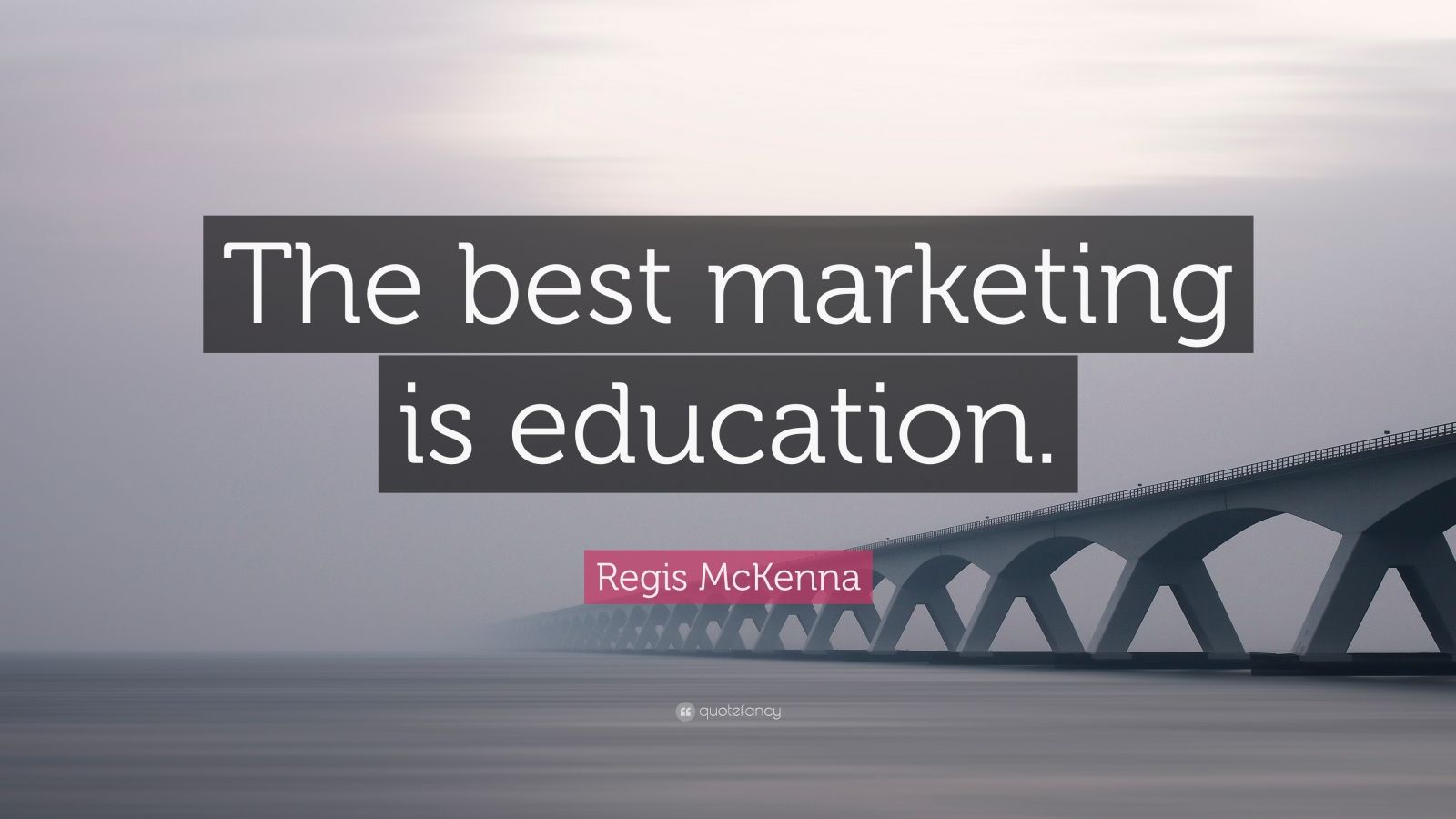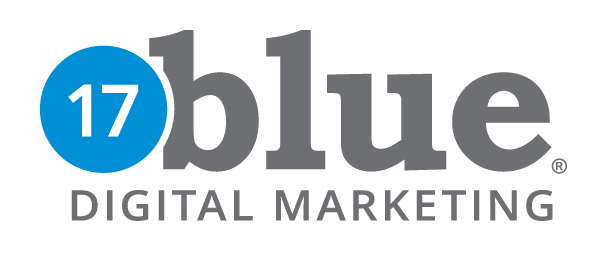Your business’ greatest assets are its customers. While you may have thought “customer service” was the one thing we’re talking about, it’s actually more specific. Growing companies are placing a premium on customer education. Why? Because educating prospects early-on is a key driver of success.
As customers have more control over the buying process, the value of customer education has risen exponentially. Industry leaders in marketing technology maintain customer success is the next growth engine for businesses. We’ve also seen the lines between customer education and inbound marketing continue to blur. Regis McKenna, the marketing guru of Silicon Valley, said it well, “The best marketing is education.”

What is Customer Education?
Customer education is a process of providing the tools and resources your customers need to be successful with your products or services. It’s a process to guide your customers from their first experience to continued success. It should help attract and retain customers at every stage of the customer life-cycle.
Resources and tools can be provided in multiple forms like videos, articles, webinars, ebooks, forums and many others. Done well, consumer education increases adoption rates, reduces friction, strengthens retention and increases brand advocacy. Let’s take a look a few of the key benefits it offers growing businesses.
What are the Benefits of Customer Education for Businesses?
Building Trust
Businesses use a variety of marketing tactics to attract potential customers to their brand. Consumer trust increases when they are empowered with useful information on products, services and their benefits. Brand trust is the foundation of loyalty, advocacy and recurring sales. Research shows educating customers can be a service differentiator and strengthens trust in a brand.
Increasing Loyalty
Your investment in your customer’s success is appreciated. Happy and engaged customers are more loyal. And loyal customers have many benefits. They continue to use your products and services, they provide positive reviews and refer others to your company. Their endorsement marketing translates to a boost in ROI and less dependency on ad spend for you.
Reducing Complaints & Increasing Satisfaction
Aside from building trust and increased loyalty, educating customers reduces complaints. How? They are more successful and able to solve more product issues that arise on their own. This empowers users and reduces the demand on customer service for basic support issues. In turn, support staff are able to handle more significant issues with greater productivity.
How to Start Your Planning
The important thing to keep in mind when you’re starting a plan to educate your customers is you must first understand who they are and what they want/need to know. This will allow you to create an education experience they value. We recommend starting with these three questions:
- Who are we creating this customer education plan for?
- What obstacles or needs to they have during on-boarding or retention?
- How can we best deliver the help they need? (What forms of training experiences, which platforms, etc.)
The training you offer clients can take many forms and formats. Here are a few examples to help you start thinking about what your users might enjoy and benefit from:
- Knowledge bases
- Webinars
- Case studies
- On-demand video trainings
- Free e-books
- Small groups/workshops
While educating your customer is a process, the benefits cannot be ignored. Educating customers builds trust, increases loyalty and reduces friction for on-boarding and retention. Ultimately, this creates a more successful and profitable business. Start by using what you have at your disposal: email campaigns, e-books, blog articles, etc. and add new tech platforms and solutions as you need them. If you start with a plan and work toward your goals, you can begin to reduce friction and increase success for your most valuable asset: your customer.





